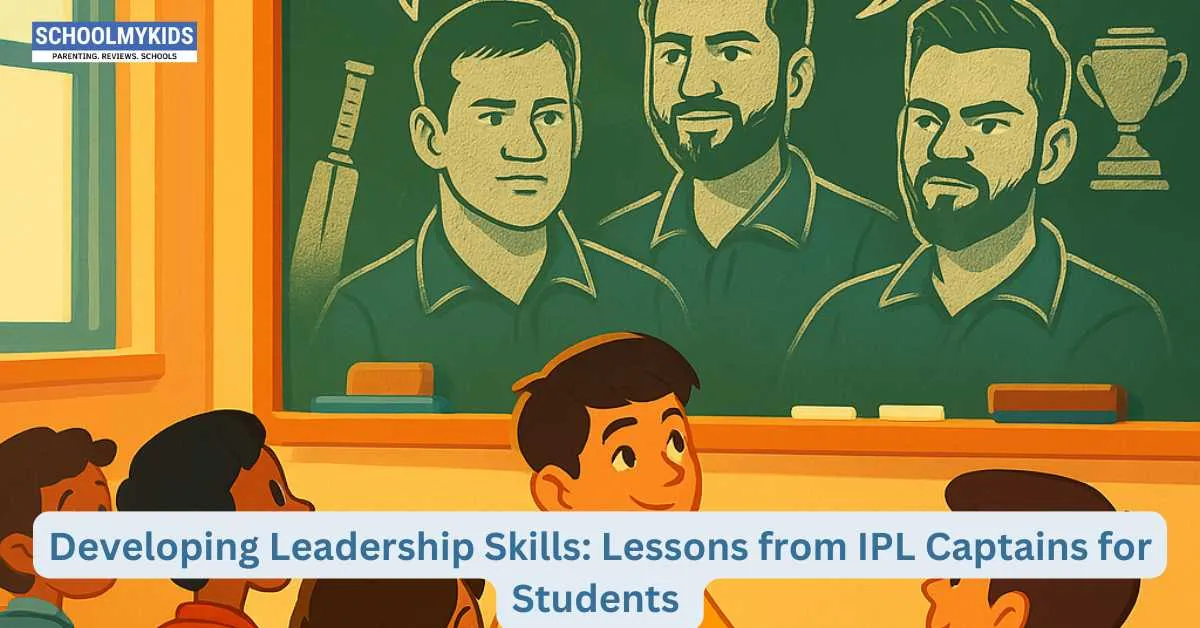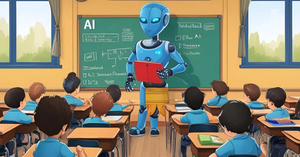The role of leadership in sports has always been a subject of keen interest, and the Indian Premier League offers a compelling case study in effective leadership. IPL captains, tasked with guiding their teams under immense pressure, exhibit qualities that are highly transferable to academic and personal development. In IPL 2025, educators and administrators have a valuable opportunity to draw lessons from these sports leaders to develop the leadership skills of students.
The Leadership Paradigm in IPL
IPL captains operate at the intersection of strategy, motivation, and crisis management. Their responsibilities extend beyond tactical decisions on the field; they are also responsible for managing team dynamics, fostering morale, and serving as role models. These attributes make them ideal exemplars for leadership training in schools. By examining the decision-making processes, communication strategies, and conflict resolution techniques employed by IPL captains, students can gain insights into the multifaceted nature of effective leadership.
Learning Through Observation and Analysis
A practical approach to developing leadership skills is to incorporate case studies of successful IPL captains into the curriculum. Teachers can present detailed analyses of pivotal moments during matches, focusing on the leadership decisions made in high-pressure situations. Students can be encouraged to identify key strategies such as risk management, adaptability, and the importance of a clear vision. This method not only sharpens analytical abilities but also provides a concrete framework for understanding abstract leadership concepts. For instance, the decision-making process during a tight run chase can be dissected to reveal the underlying principles of strategic thinking and collaborative problem-solving.
Leadership Workshops and Simulations
To translate theoretical insights into practical skills, schools can organize leadership workshops and simulations modeled on IPL scenarios. In these workshops, students are divided into teams and assigned roles that mimic those of a cricket team, including a captain, vice-captain, and support staff. Through role-playing exercises, students face simulated challenges that require them to develop tactical plans, communicate effectively, and lead their teams under pressure. These exercises are designed to mirror the complexities of real-life situations, thereby reinforcing the importance of decisiveness, adaptability, and the capacity to inspire others.
Emphasizing Communication and Emotional Intelligence
Effective leadership in the IPL is as much about communication and emotional intelligence as it is about strategy. Captains must build rapport with teammates, manage diverse personalities, and maintain focus during stressful periods. Schools can introduce modules on interpersonal skills, conflict resolution, and motivational techniques using real-world examples from IPL leadership. Through group discussions, reflective journaling, and peer feedback sessions, students can cultivate the ability to listen actively, empathize with others, and resolve conflicts in a constructive manner. These skills are critical for any aspiring leader, whether on the sports field or in academic and professional settings.
Mentorship and Role Models
The impact of mentorship cannot be overstated in the context of leadership development. Schools can invite former IPL captains or local sports figures to share their experiences and insights with students. Such sessions provide an invaluable opportunity for students to engage with role models who have navigated the challenges of leadership in high-pressure environments. These interactions not only inspire but also provide practical advice on overcoming obstacles, managing stress, and cultivating a resilient mindset. Establishing ongoing mentorship programs can ensure that students have continual access to guidance and support as they develop their own leadership styles.
Integrating Leadership into the Broader Curriculum
The lessons drawn from IPL leadership are not confined to sports—they are applicable across the spectrum of personal and professional development. Educators can integrate leadership themes into broader curricular activities such as project-based learning, student governance, and community service initiatives. By aligning these activities with the leadership principles exemplified by IPL captains, schools can create a cohesive framework that reinforces the importance of strategic thinking, collaboration, and ethical conduct. This holistic approach ensures that leadership development is woven into the fabric of the educational experience rather than treated as an isolated skill.
Conclusion
IPL 2025 offers a rich repository of leadership lessons that can be translated into valuable educational experiences. By studying the strategies and behaviors of successful IPL captains, students can acquire essential leadership skills, including decision-making, effective communication, and emotional intelligence. Leadership workshops, mentorship programs, and integrated curricular activities all contribute to a robust framework for developing future leaders. In an increasingly complex world, equipping students with the ability to lead with confidence and empathy is paramount. Drawing inspiration from the dynamic environment of the IPL, schools have the opportunity to foster a new generation of leaders who are well-prepared to navigate the challenges of tomorrow.









Be the first one to comment on this story.